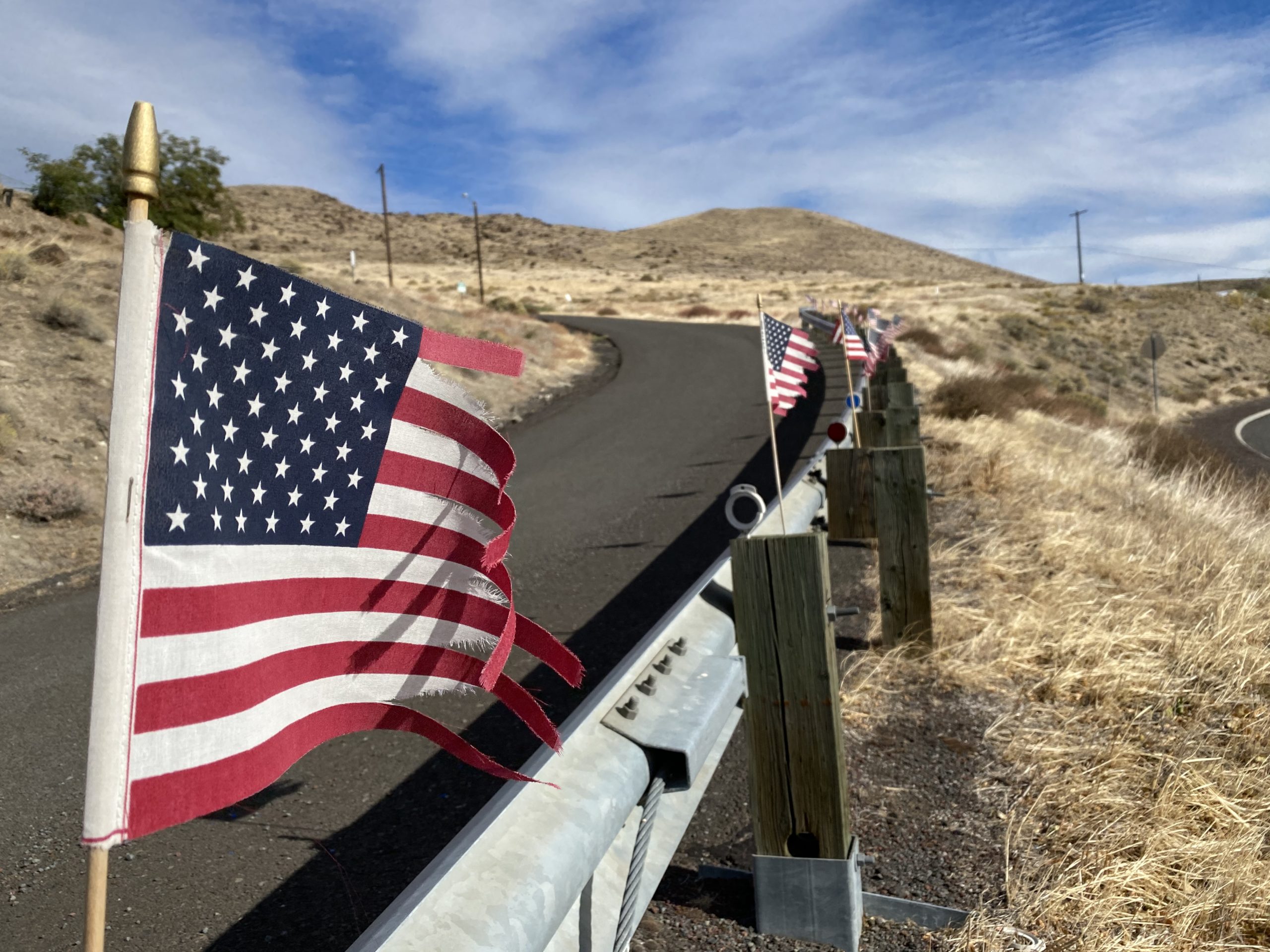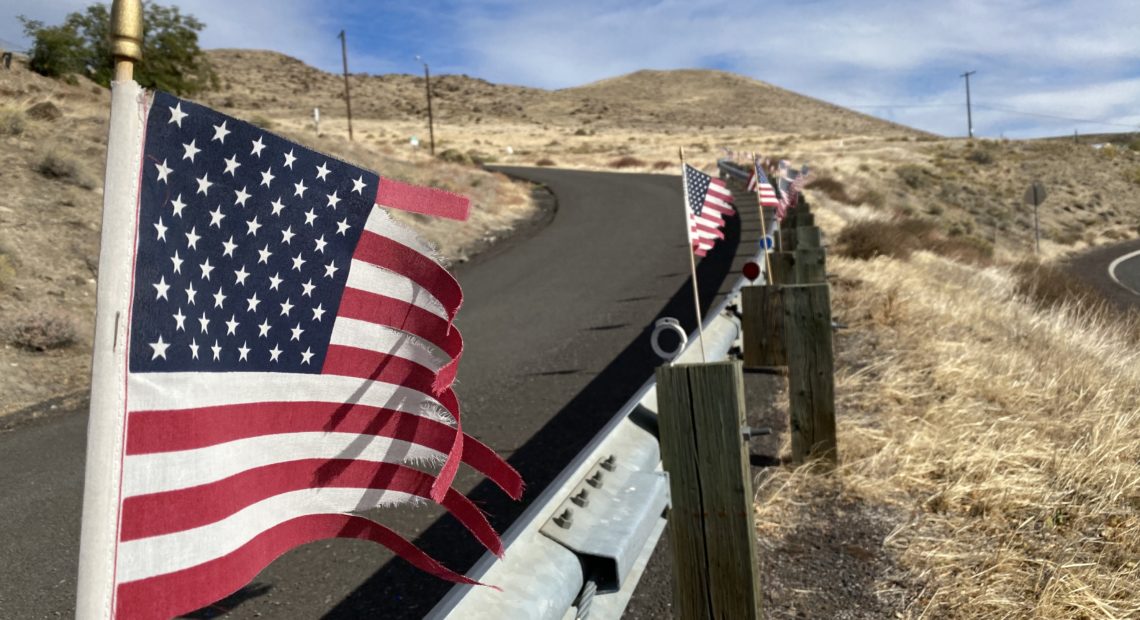
‘Dry Side’ View: Inland Northwest Residents Anxiously Await Election Results
Listen
In the weeks leading up to the election, residents in five smaller areas around eastern Washington and Oregon spoke about how they were feeling.
Now, as people are awaiting results, I checked in with a few.
Anxious Raking
Since Tuesday, Cynthia Hurlbutt has raked about an acre of walnut leaves on her property near Walla Walla, Washington.
She’s been upset that there isn’t more clarity in the election results. When she’s not raking, Hurlbutt says she’s sleeping.
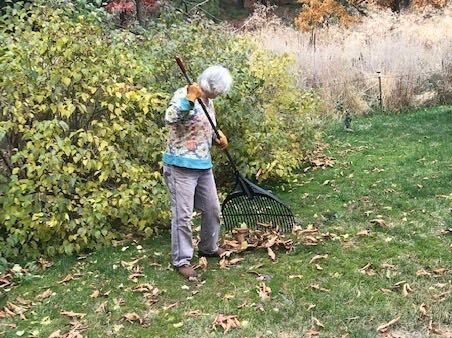
Cynthia Hurlbutt, outside of Walla Walla, raked about an acre of leaves since the election out of anxiety. She says she’s also been sleeping a lot. Courtesy of Cynthia Hurlbutt
“I guess I’ve gone to bed early just to escape,” she says. It’s an escape.”
She says one of her neighbors has decided to lock their gate and stay put for several days out of fear. Another friend told Hurlbutt that she was feeling anxious, but also upset about the two presidential choices.
“Two old white men, when are we gonna have a different face to this election, whether it’s male or female? Someone much younger, more energetic, intelligent. And I agreed with her,” Hurlbutt said.
In The Dalles, Oregon, Rick Esaacson says he’s worried about life under Joe Biden and Kamala Harris, should they win. He thinks prices on commodities would go up, and squeeze his frugal senior citizen lifestyle.
“There’s no help for seniors, there’s no help for people who have a little bit of money,” Esaacson says.
He does think Republicans will behave if they lose the presidential race. “We’re not going to go out and do anything stupid,” he says. “Of course Republicans won’t riot. But if Trump wins, God help Portland, yah.”
East on the plateau, in Mission, Oregon, Steve Filkins says he feels like there is a lot of tension on the Confederated Tribes of the Umatilla Reservation. There are a lot of upset people.
“But I just don’t happen to be one of them,” he says.
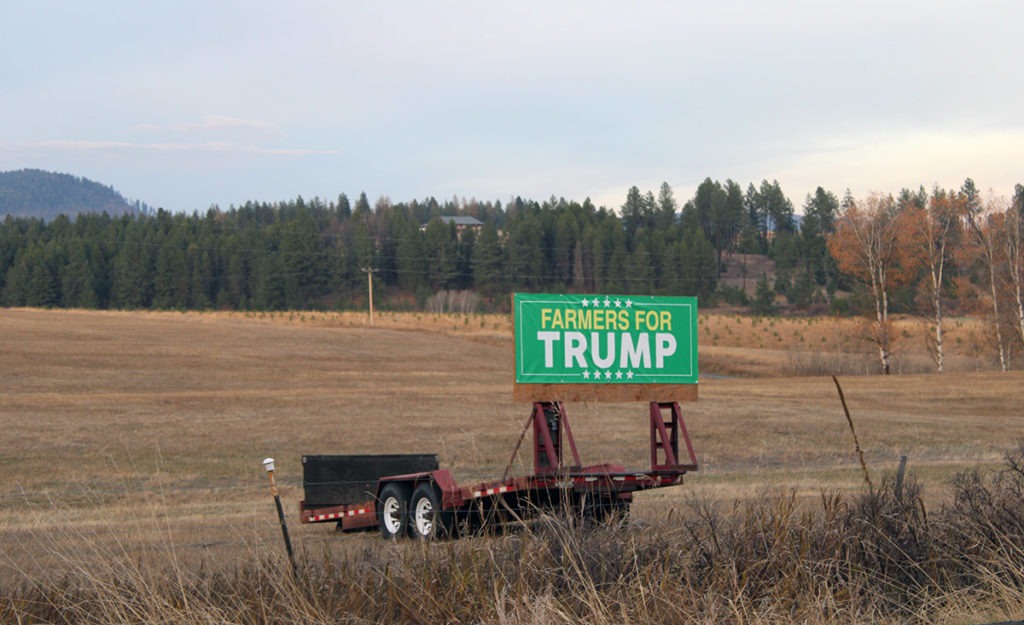
A “Farmers for Trump” sign faces Highway 9 between Potlatch and Deary, Idaho, in the Washington-Idaho Palouse region. CREDIT: Becky Reichel/WSU Murrow College
Filkins thinks the country will survive a good president or a bad one, a good congress or a bad one. His top issues come down to two of the most divisive social issues of the recent past: guns and abortion.
“I want reasonable gun control. But I am a life member of the National Rifle Association. I believe very strongly in the second amendment.”
Filkins also says he’s against abortion.
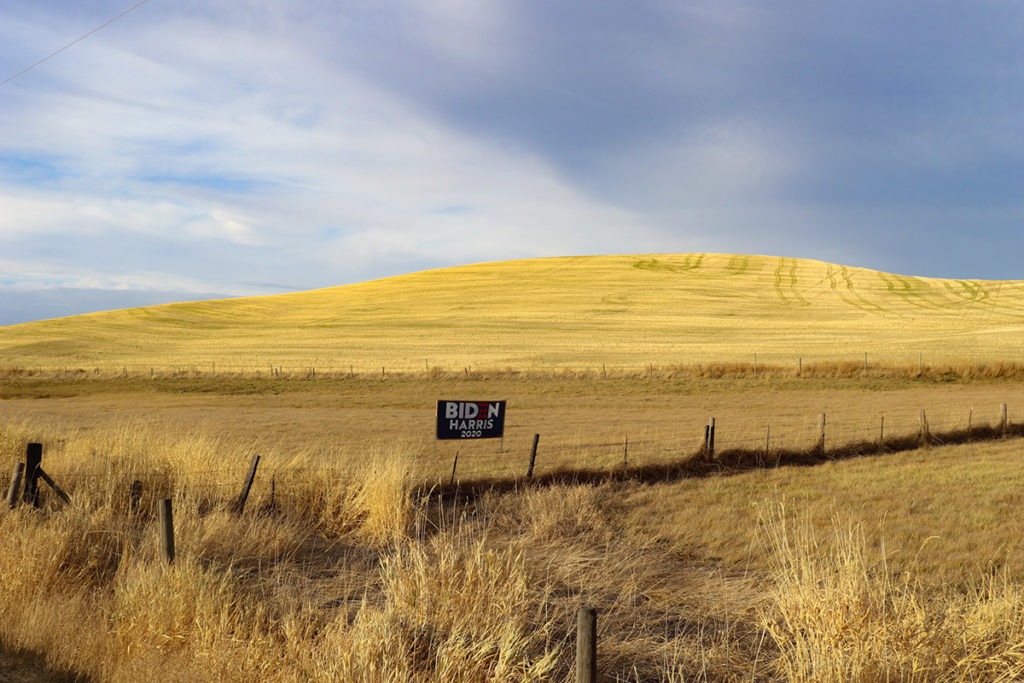
A campaign sign for the Democratic presidential ticket faces the highway from a field between Pullman and Colfax in Washington’s Palouse region, on Nov. 3, 2020. CREDIT: Kelis Barton/WSU Murrow College
With the presidential outcome still uncertain, and possible court challenges, some residents in the region were turning toward celebrating local and state races.
In Colfax, the heart of Washington’s Palouse wheat-growing region, Chris Boyd says he’s both worried and rooting for Biden. But he’s glad for Washington Gov. Jay Inslee’s clear reelection win.
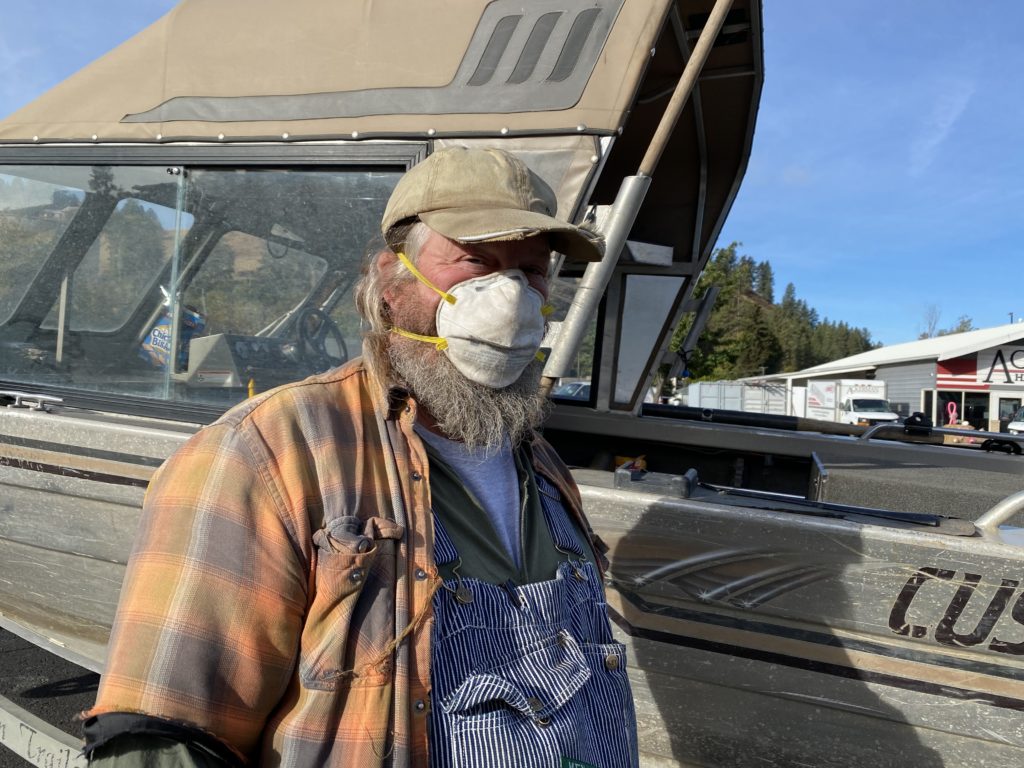
Chris Boyd of Palouse, Washington, near Colfax. He calls President Trump the “crookedest bastard I’ve ever seen since Nixon.” CREDIT: Anna King/N3
“I was really happy to hear Inslee was reelected. I don’t think he is a fantastic governor, but he is certainly the right man of our choices,” Boyd said.
He was also happy about voters approving Referendum 90 about K-12 sex education in schools, calling the law “important.”
“Knowledge will never hurt you,” Boyd says.
Staying Calm … And Hopeful
Back in Walla Walla, Hurlbutt has raked about all the leaves on her property. And is now waiting.
“I believe we have a very fast food society, that’s my terminology. We expect things to happen instantaneously,” she says.
She says millions of people came out to vote, and those types of counts can’t happen in just 24 hours.
But Hurlbut says that like most of the country, she’s just trying to keep calm, and be patient.
Steve Filkins, in Mission, looks beyond the current environment to take the long view.
“Four years from now when whichever president becomes president, we may have shifted left or shifted right, shifted up or shifted down,” he says. “But I think we’ll still be America – I hope.”
Related Stories:
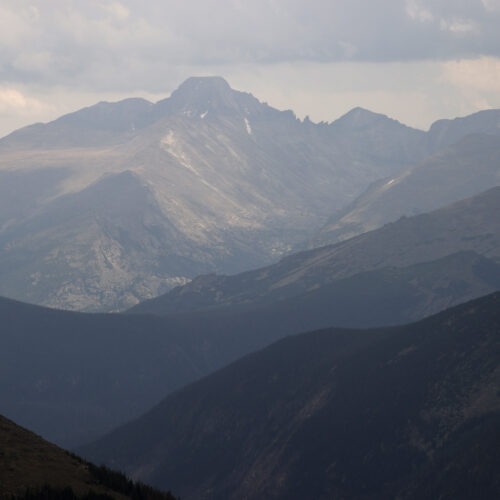
Language Of The Rockies: Linguist Seeks Speaking Patterns In Idaho And Utah
Researcher Joey Stanley says the linguistics research push in the last 50 years has mostly been to study urban areas, rather than the language patterns of the countryside.
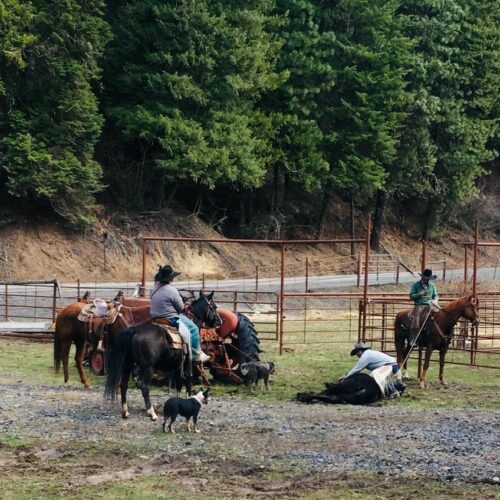
Hearing Set For Clearwater County Animal Abuse Case Of 98 Cattle
A hearing has been set for Douglas
Towles of Orofino after the Clearwater County Sheriff’s Office found
several dead cows and almost 100 head of cattle left uncared for on his
property.

On Asian America: Past And Present Stories Of Living In The Rural Northwest
On Asian America examines the rise in anti-Asian sentiment and it’s history in the Northwest. This episode lookes at historically violent acts against Chinese workers in the rural Northwest from the Hell’s Canyon Massacre to mobs pushing out the Chinese in small towns. You’ll also hear from those of Asian descent who share their experiences living in rural areas and how they are treated. This special is a collaboration with Humanities Washington, KUOW and Spokane Public Radio.

